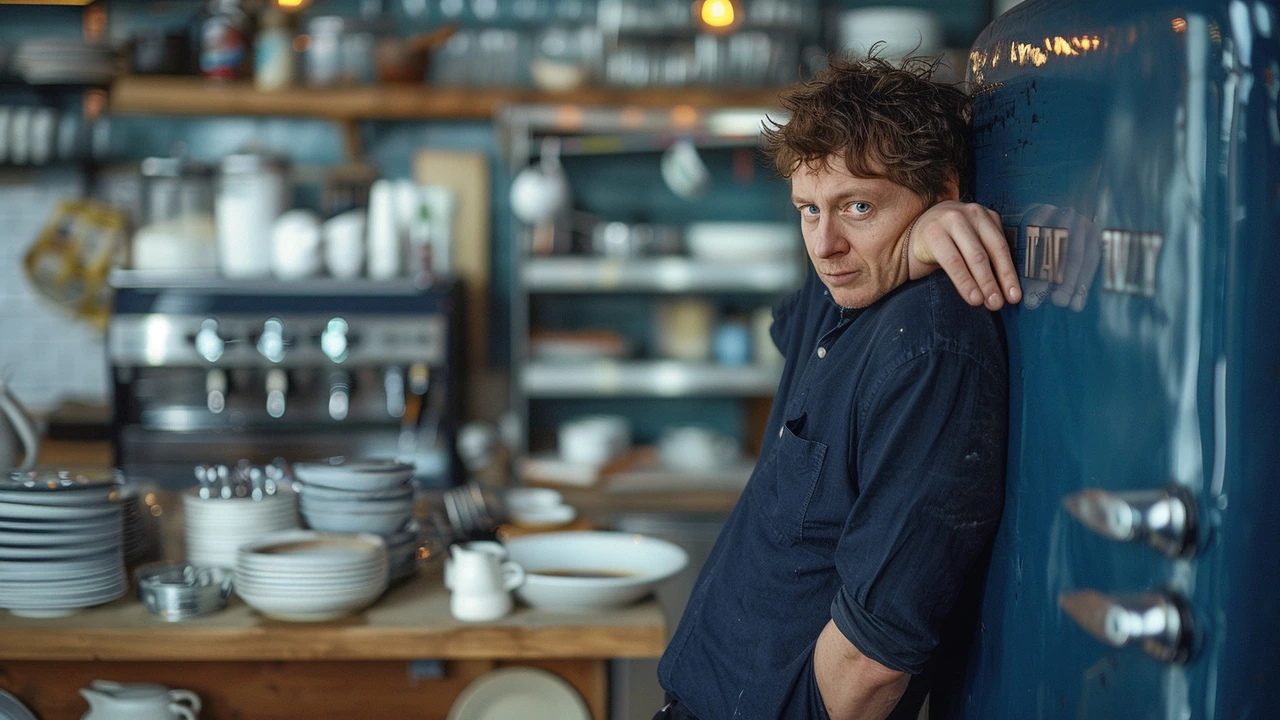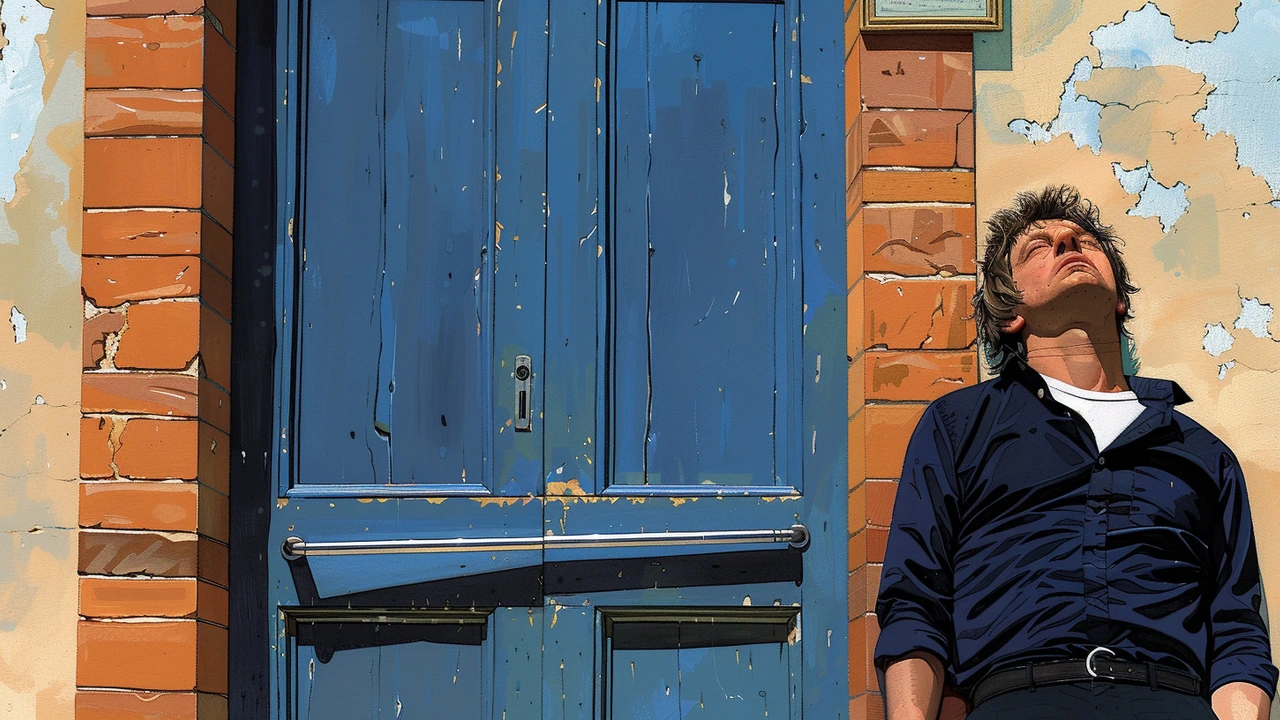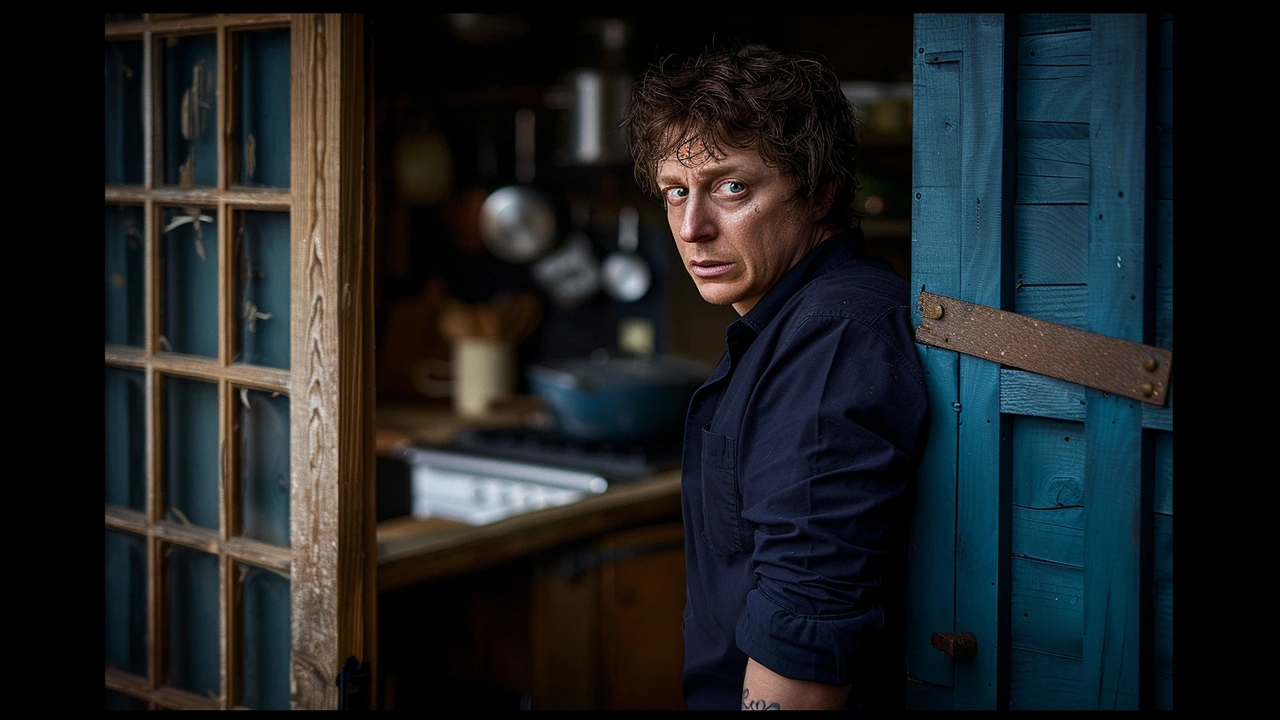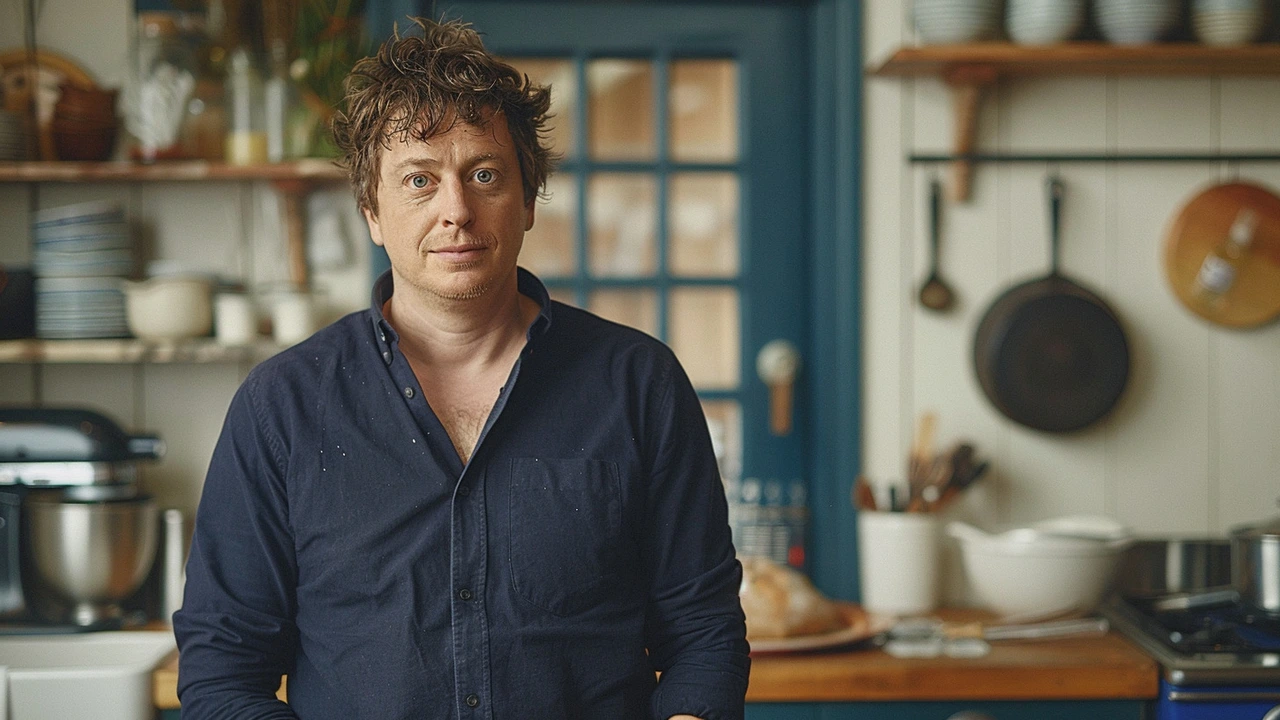Choosing the Lesser Stressor: A Dive into Viewer Preferences
As the recent presidential debate unfolded, many viewers found themselves at a crossroads: endure the stress of political confrontation or switch to a less anxiety-inducing alternative. Social media platforms, particularly Twitter, became a refuge where individuals shared their decisions to forgo the debate entirely. Hulu's 'The Bear', a dramatic series celebrated for its riveting plot, emerged as a popular choice for those seeking relief from the stress of political discourse.
'The Bear': A Surprising Comfort
Though 'The Bear' itself can be intense, the show’s third season, released in its entirety on Hulu, presented a narrative that contrasted sharply with the contentious atmosphere of the debate. Viewers expressed a collective need to prioritize their mental well-being by choosing a series that, despite its own emotional highs and lows, offered a fictional escape rather than real-world anxiety. This sentiment is not new; it taps into a broader cultural trend of audiences seeking solace in familiar or less stress-inducing media during tumultuous times.
A Pattern on Social Media
For journalist Jessica Ellis, the choice was clear. Known for her insightful and often humorous takes, Ellis remarked that watching the intense 'Fishes' episode of 'The Bear' was preferable to enduring the live debate. She even responded to the online jests about the debate potentially being nominated for a comedy Emmy with a sardonic 'I think our country might be.' The conversation highlighted a growing trend: people are actively making choices to safeguard their mental health, even if it means opting out of significant political events.

A Shared Cultural Moment
The decision to watch 'The Bear' instead of the debate wasn't isolated to a few vocal critics. The phenomenon was widespread, with countless individuals tuning into the show and sharing their experiences online. This created a sense of communal viewing that was markedly less stressful than the political sparring they chose to avoid. In essence, 'The Bear' became not just a television show, but a collective coping mechanism during a particularly fraught moment in political history.
Turning Stress into Entertainment
The choice between confronting political stress and finding refuge in entertainment speaks to a deeper issue: the public's perennial desire for manageable stress levels. When given an option, it's clear that many will choose the familiar discomfort of scripted drama over the unpredictability of live political theater. This choice reflects a deeper trust in stories we can control and digest at our own pace, as opposed to the relentless pace of political news
The Cultural Context
The reference to an old internet trend where people were asked if they would rather encounter a man or a bear touches on the existential choices people make when confronted with stress. The survey, which humorously illustrated a deep-seated distrust of men and a preference for dealing with a known quantity (the bear), mirrors the choice viewers made during the debate. In opting for a television show, viewers were, in a way, choosing the 'bear' over the unpredictability of the debate.

Protecting Mental Health
This trend also underscores a critical point: the importance of mental health in how we consume media. In an era where news cycles are relentless and often anxiety-inducing, finding ways to decompress has become crucial. Shows like 'The Bear' offer that respite, serving as emotional buffers against the harsh realities of the world. By choosing entertainment over engagement, viewers are making a statement about their priorities and well-being.
Entertainment vs. Engagement
The debate's stressful nature was enough to cause many people to seek alternative viewing options. Even those who started watching the debate often turned it off midway, unable or unwilling to endure the tension. This behavior highlights a growing trend where entertainment is being used as a tool for managing stress and mental well-being. The preference for a scripted show over the real-time unpredictability of the debate illustrates a broader societal shift towards prioritizing personal peace over engagement with stressful events.
A Broader Reflection
The collective turn to 'The Bear' can be seen as a reflection of a society grappling with how to handle stress and information overload. At a time when the stakes in political debate feel extraordinarily high, the choice to disengage speaks volumes about the public's coping strategies. It also raises questions about how these coping mechanisms impact our engagement with important political processes. While stepping away from the debate can provide immediate relief, it also means a temporary disengagement from critical democratic practices.

The Future of Viewing Choices
What this trend suggests about future viewing habits is fascinating. If given the choice, will people increasingly turn to entertainment over live political coverage? Will political debates need to evolve to hold viewer attention in an era of unprecedented media options? These questions are crucial for understanding how media consumption patterns affect political engagement and democracy itself.
In conclusion, the choice to watch 'The Bear' over the presidential debate is more than a simple switch of channels. It marks a significant point where entertainment and mental health intersect, revealing much about societal preferences and coping mechanisms in stressful times. As we move forward, these trends may continue to shape not just how we consume media, but how we engage with the world around us.
